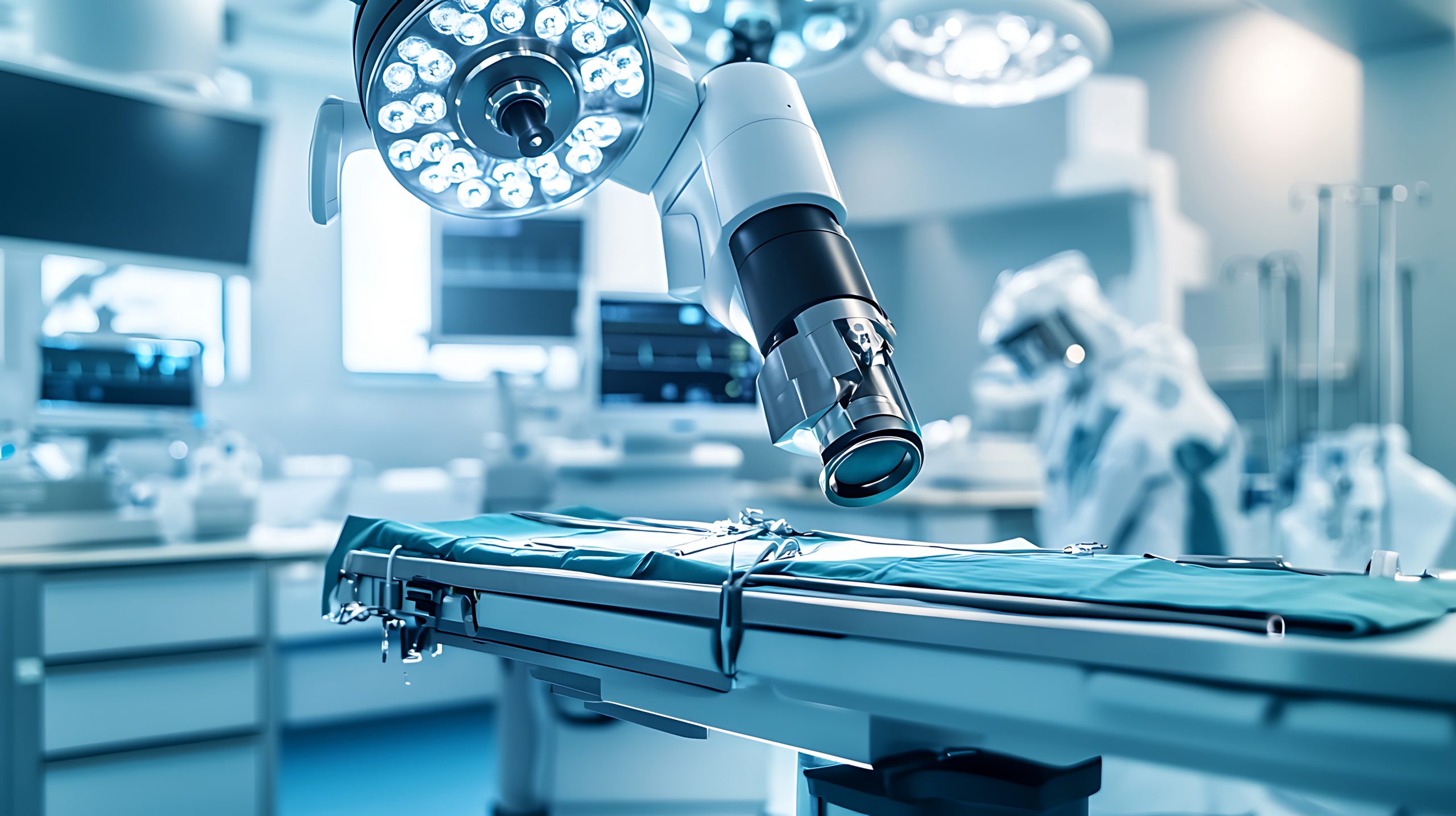SEOUL, South Korea — February 6, 2025 — LG AI Research is tackling bio challenges with predictive AI technology. On the 5th, LG AI Research signed a joint research agreement at LG Science Park in Magok, Gangseo-gu, Seoul, with Prof. Min-Kyung Baek from Seoul National University’s Department of Biomedical Engineering to develop a “next-generation protein structure prediction AI.”
Proteins are fundamental biomolecules involved in all human biological activities, making protein research a key area of scientific interest. Among these, protein structure prediction technology has garnered global attention, as it plays a crucial role in developing a “digital cell map”—a tool for understanding disease mechanisms and creating new treatments.
Global tech giants are advancing their protein prediction AI technologies, but they are still focused on predicting and designing single protein structures. Predicting “multistate” protein structures—which exist in various forms in the human body due to environmental and chemical changes—remains a challenge.
In collaboration with Prof. Min-Kyung Baek’s research team, LG AI Research aims to develop an AI model for protein multistate structure prediction by the end of the year, surpassing current technological limitations. This breakthrough is expected to provide deeper insights into biological processes and accelerate drug development.
Prof. Min-Kyung Baek, a world-renowned expert in protein structure prediction, co-developed “RoseTTAFold” alongside Prof. David Baker from the University of Washington, who was awarded last year’s Nobel Prize in Chemistry for his AI-based research.
Image 2. Prof. Min-Kyung Baek’s research team explains the joint research implementation plan
“AI is a powerful tool for protein structure prediction, but its principles are not yet fully understood,” said Prof. Min-Kyung Baek. “Through our joint research with LG AI Research, we aim to push protein structure prediction to a new level—one that incorporates verification and experimentation.”
Soonyoung Lee, Bio Intelligence Lab Leader at LG AI Research, added, “The secret behind incurable diseases such as Alzheimer’s lies in protein structures, and unraveling these complex structures is a highly challenging and novel task. By developing AI for protein multistate structure prediction, we expect to achieve breakthroughs in understanding disease mechanisms and developing new treatments—much like unlocking a lock.”
Image 3. Scene from the joint research agreement signing ceremony for the development of a “next-generation protein prediction AI.”
Aiming for Synergy to Solve Difficult Problems with Constant Challenges
This isn’t the first time LG AI Research has tackled bio challenges. Since early last year, we have been collaborating with The Jackson Laboratory (JAX), a U.S.-based nonprofit genomics research organization, to develop predictive AI technologies for diagnosing and treating Alzheimer’s and cancer.
LG AI Research expects this collaboration with Prof. Min-Kyung Baek’s research team to further accelerate Alzheimer’s factor discovery and drug development in partnership with The Jackson Laboratory.
Source: LG AI Research

